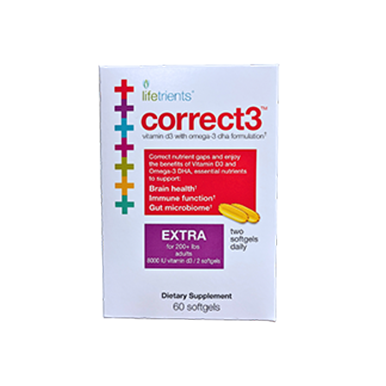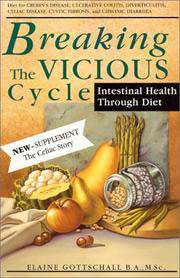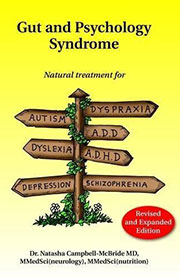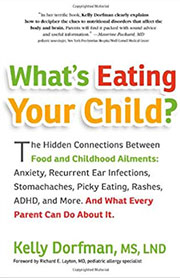These statements have not been evaluated by the Food and Drug Administration. This product is not intended to diagnose, treat, cure or prevent any disease.

Focused on Children with Special Nutritional Needs
Products
Speak Capsules
Speak Twist-Offs
Speak Smooth
Speak Pure-oil
Speak Starter Kit
Learn+D
Correct3 (Small)
Correct3 (Regular)
Correct3 (Extra)
Correct3 (Bundle)
Learn More
Join Our Newsletter
Research
Parental Tips
Professional Directory
Nutritional Terms
Accreditations


















